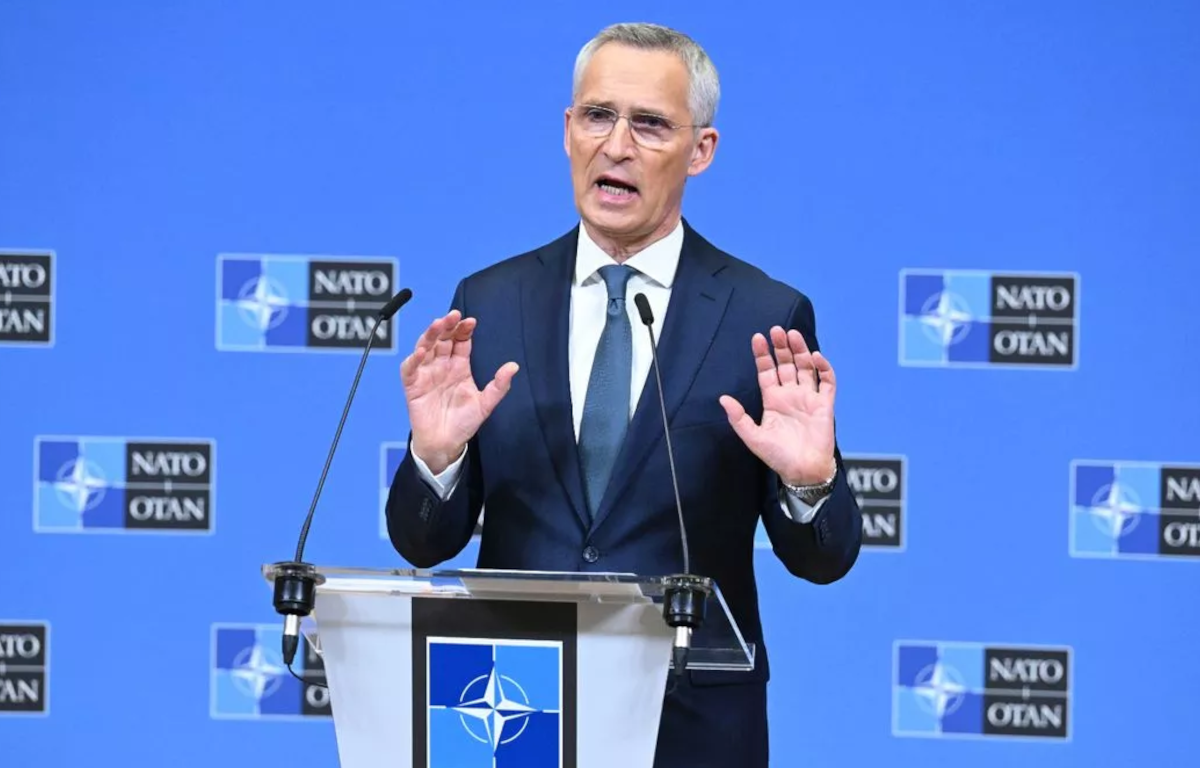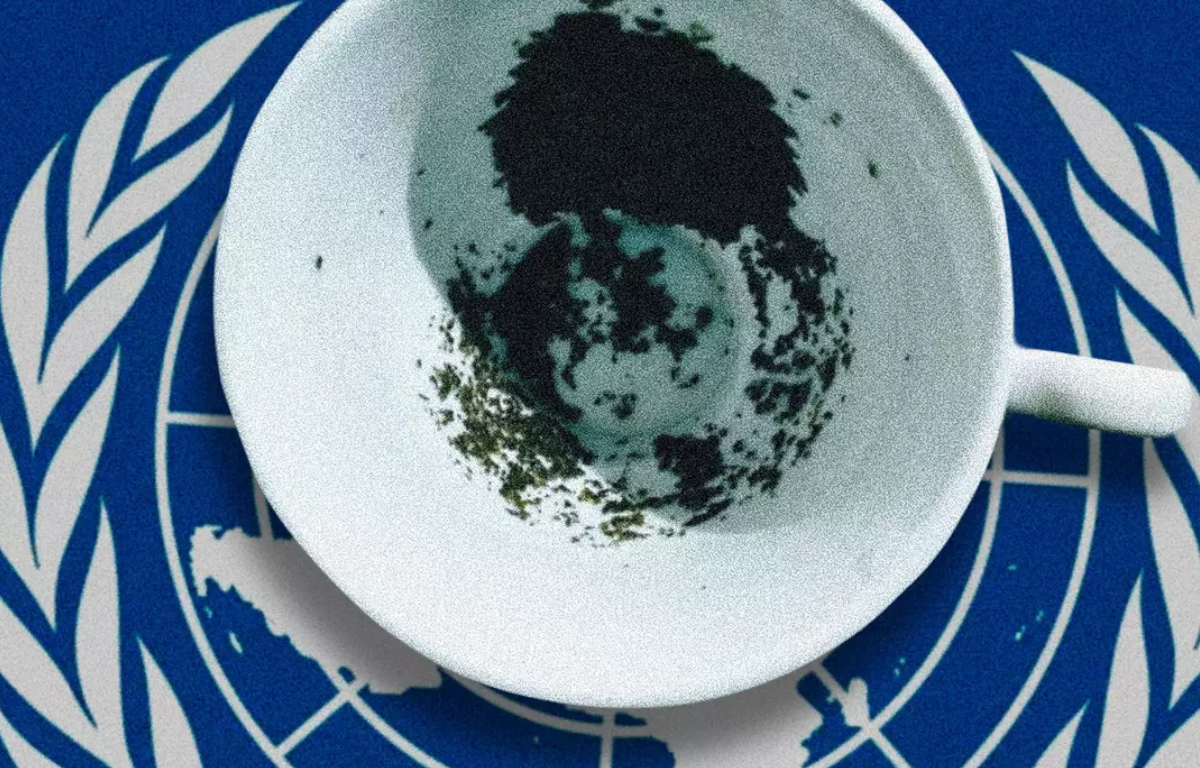
Myanmar, also known as Burma, has been embroiled in turmoil since February 1, 2021, when the military, led by General Min Aung Hlaing, staged a coup and ousted the democratically elected government led by Aung San Suu Kyi. This power grab has resulted in widespread protests, civil disobedience movements, and violent crackdowns by the military, leading to a dire humanitarian situation.
The international community has watched the crisis in Myanmar with growing concern. Countries worldwide have condemned the military’s actions and called for the restoration of democracy, the release of political detainees, and an end to violence against civilians. Sanctions and trade restrictions have been imposed on the Myanmar military junta by various countries, including the United States and European Union.
The United Nations Security Council, as the highest authority in international peace and security matters, holds significant influence in addressing global conflicts. On June 18, 2023, it issued a condemnation of the Myanmar military’s actions, expressing deep concern over the situation and calling for a peaceful resolution and the restoration of democratic institutions. However, what caught the world’s attention was the abstention of two permanent members, China and Russia.
China and Russia, as permanent members of the Security Council, have the power to veto any resolution. However, on this occasion, they chose not to exercise that power and instead abstained from the vote. This decision has sparked speculation and debate. China’s relationship with Myanmar is complex. It shares a border with Myanmar and has invested heavily in the country’s infrastructure, energy, and trade. China has historically maintained a non-interference policy in the internal affairs of other nations, and this principle likely influenced its decision to abstain. Additionally, China has voiced concerns about Western interference in Asian affairs, making its stance in the Security Council more aligned with its broader geopolitical strategy.
Russia’s reasons for abstaining are also multifaceted. Russia has a history of maintaining close relations with Myanmar’s military, providing weapons and military support. This military connection might explain Russia’s reluctance to support a resolution that could be perceived as adversarial. Additionally, Russia’s stance in the Security Council might be driven by its own diplomatic and strategic interests.
The abstentions of China and Russia have generated mixed reactions globally. Some argue that it reflects a broader trend of major powers prioritizing their interests over international human rights and democracy. Others see it as a nuanced approach, suggesting that this could be an opportunity for constructive engagement with the Myanmar military. However, the Security Council’s resolution is still significant, as it reflects a collective international stance against the Myanmar military’s actions. It emphasizes the importance of democracy, human rights, and civilian protection, even if not all major powers fully endorse it.
The UN Security Council’s condemnation of the Myanmar military, despite the abstentions of China and Russia, underscores the complexities of international diplomacy and the competing interests of major powers. It also sends a message that the international community, as a whole, stands against the erosion of democracy and the human rights abuses occurring in Myanmar. The path forward remains uncertain, but this development highlights the critical role of global institutions in addressing crises of this nature and the importance of continued diplomatic efforts to resolve the Myanmar crisis peacefully.










Share this: